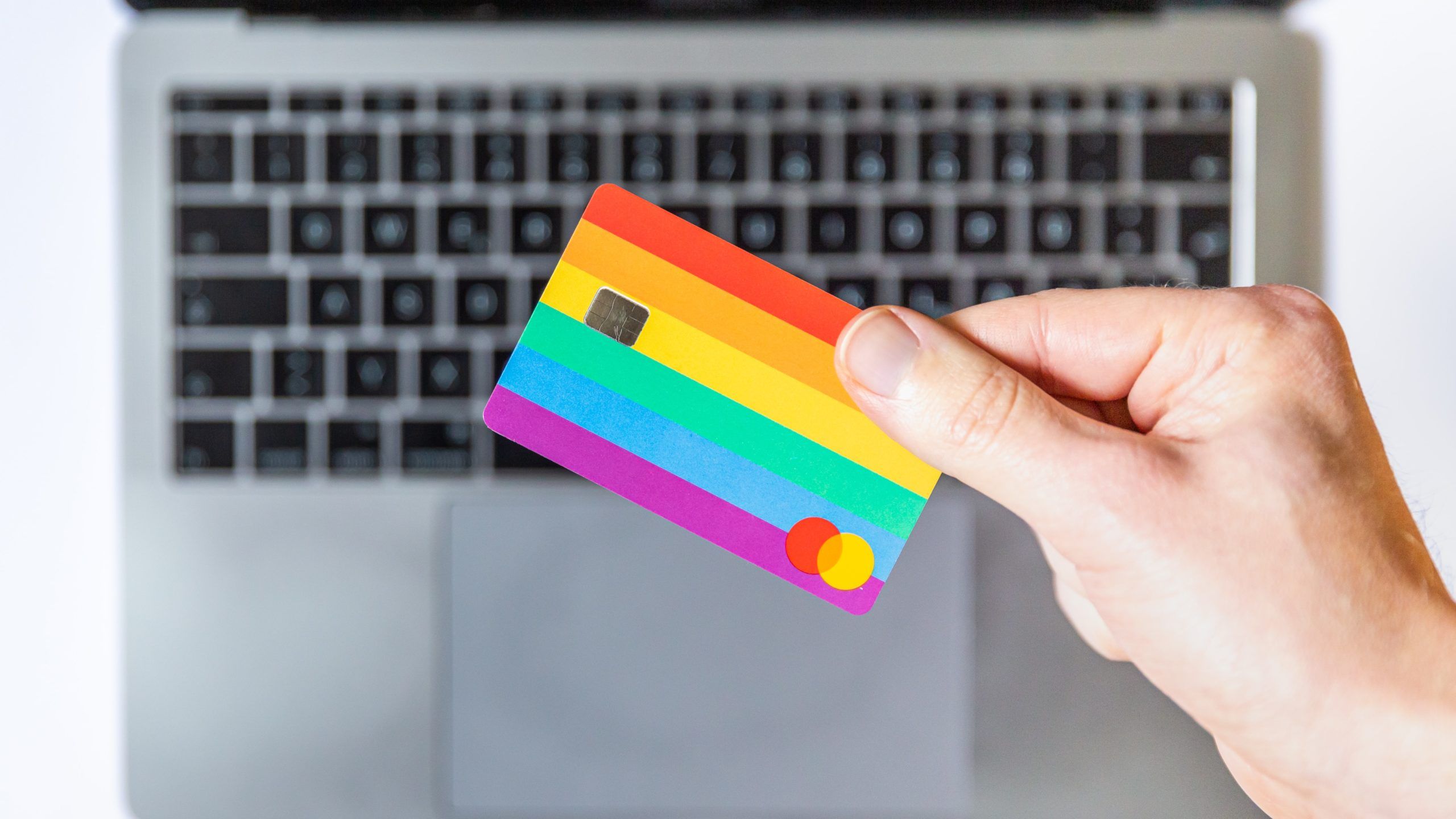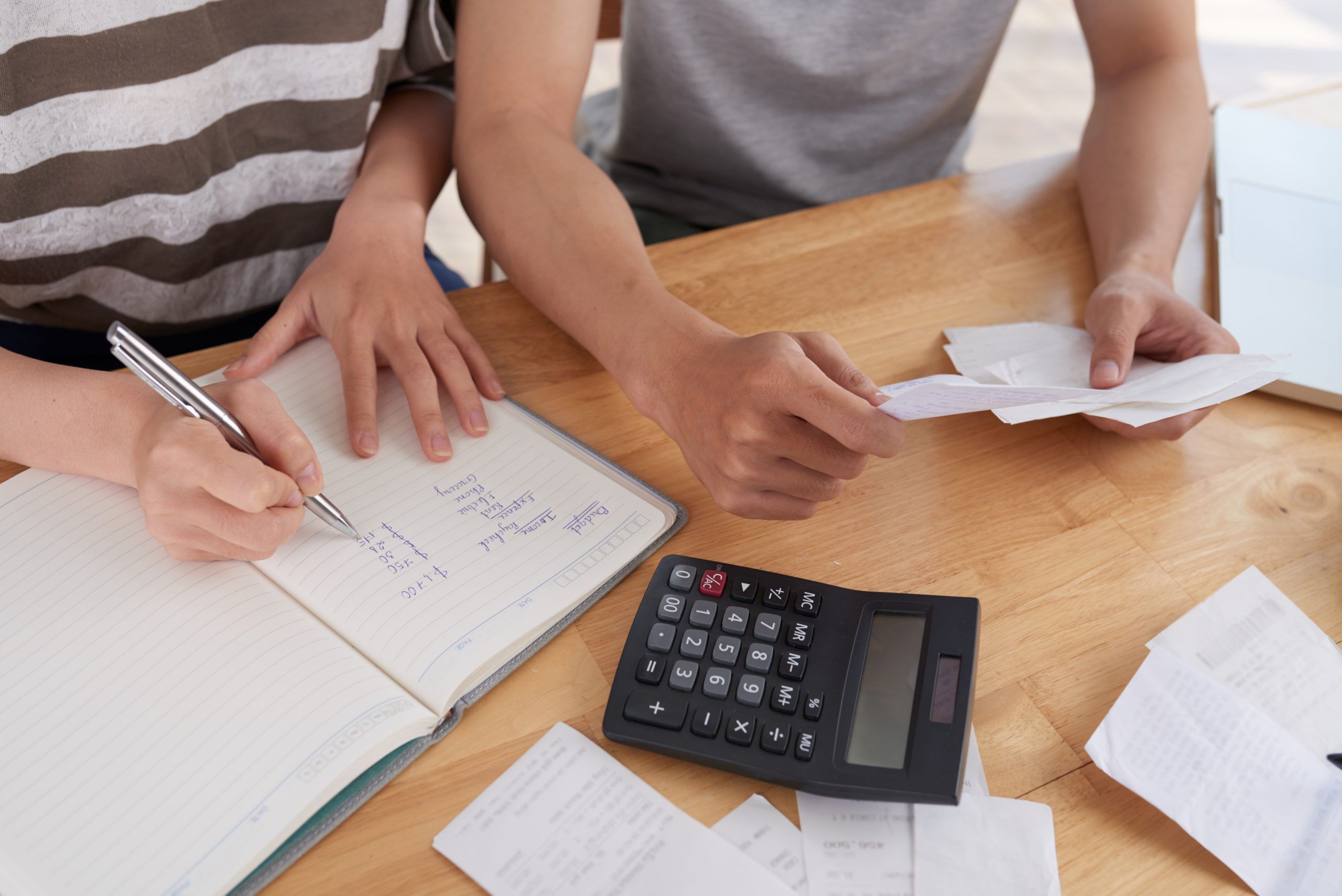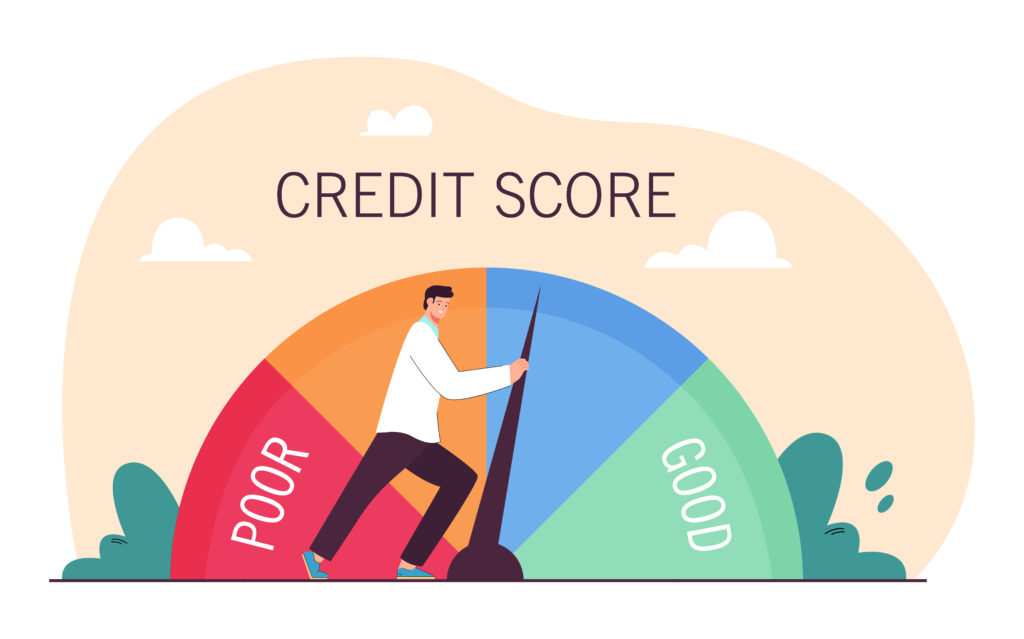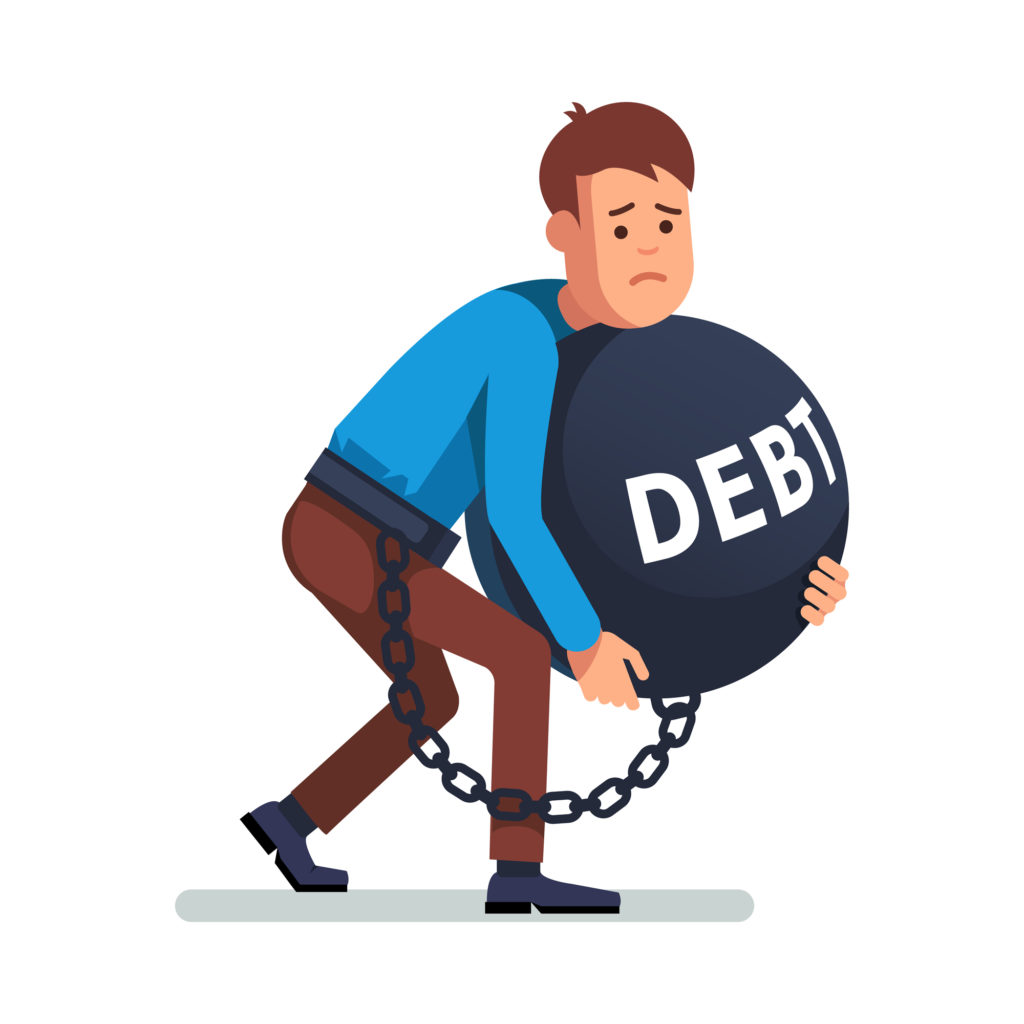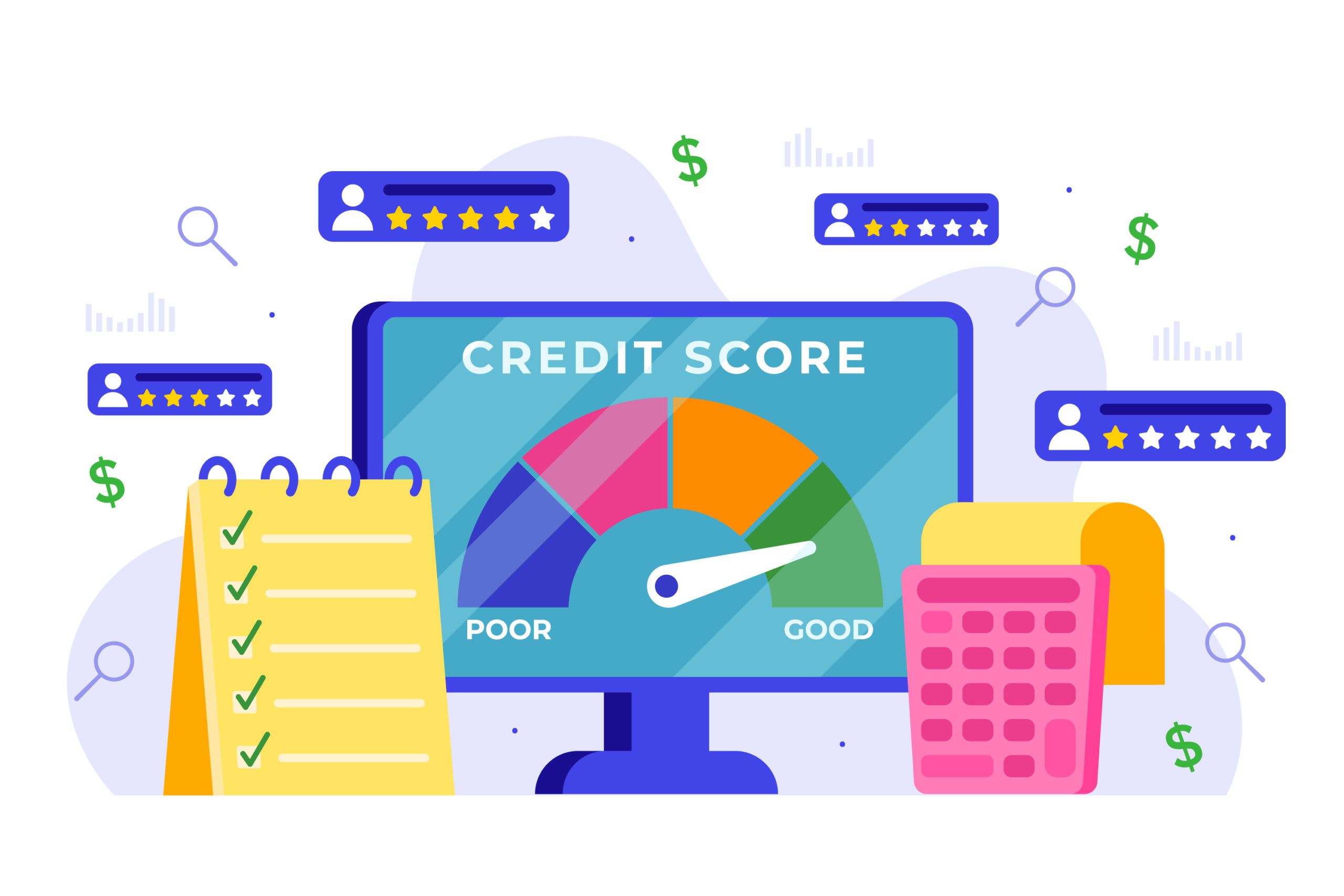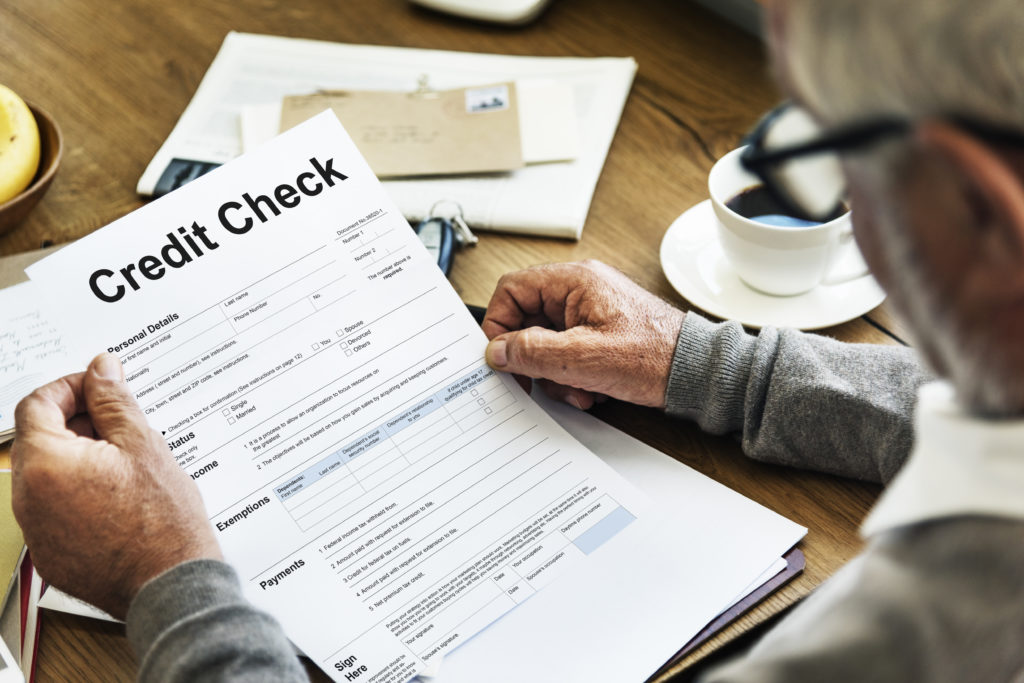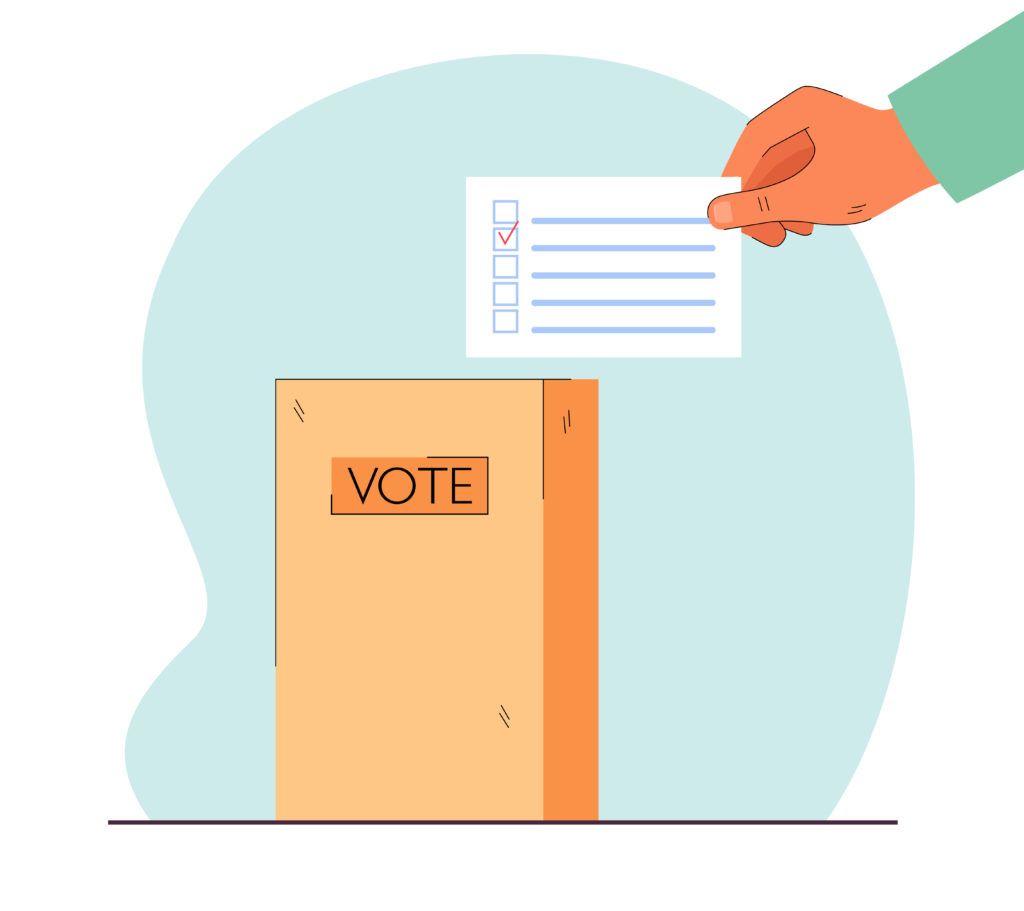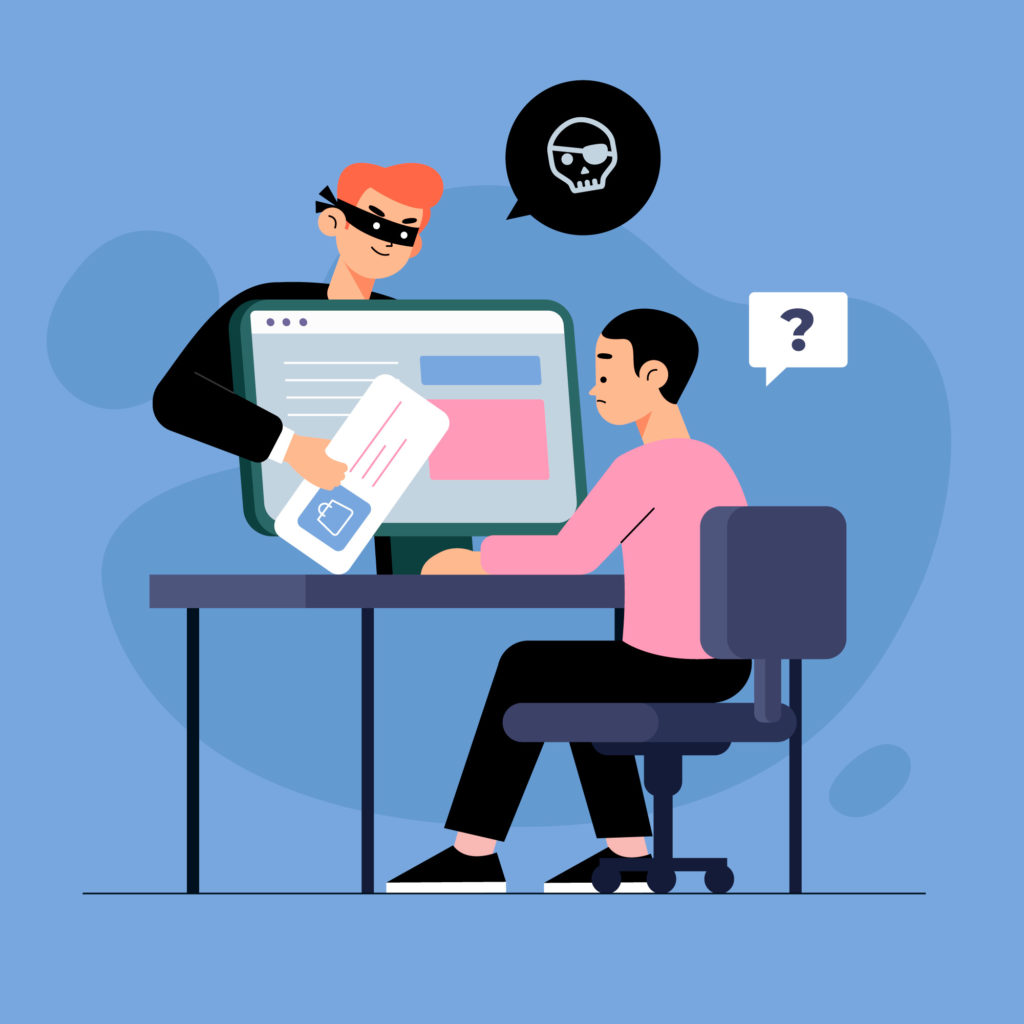How To Efficiently Use Your Credit Card
A credit card can help you effectively manage your finances, improve your lifestyle, and expand your financial options. For example, a credit card can help increase your credit rating which is reviewed by most lenders.
But how can you efficiently and effectively use your credit card and avoid getting yourself into overwhelming credit card debt? First, let’s explain what a credit card is.
Credit cards are a great way to make large purchases that you otherwise would not have been able to do. As you may already know, with a credit card you will have a credit limit (an amount that is available for you to spend), which, if you start to use your credit, you will be required to make monthly repayments as well as pay any interest gained. Some credit cards may have a 0% interest rate for a limited time; however, ensure that you know and understand your interest rate before you start using your credit card.
How To Use A Credit Card
As previously mentioned, if used sensibly, a credit card can help to improve your finances and, overall, your lifestyle. However, it can be easy to use your credit card in the wrong way, getting into debt that is unmanageable.
So, below are a few tips to help you use your credit card sensibly and to stay on top of your debt.
1) Spread The Cost
A credit card is good to have when an unplanned event occurs, resulting in an extra expense. The credit you have available can be seen as your credit for emergencies.
For example, if your car suddenly breaks down, but you don’t have the money to fix it, then this is when having a credit card is handy. You can pay to have your car fixed without affecting the money you need to live. Additionally, you will be able to spread the cost out.
Being able to make a big purchase and spreading the cost over several months is particularly useful if your credit card has a 0% interest rate (the terms and conditions of your credit card, including interest rate details, should be provided when you apply for your credit card).
Additionally, it can work out cheaper to use your credit card for big leisure purchases, such as buying a new TV. Rather than paying for the TV in monthly instalments, which usually comes with a high-interest rate, you can pay for it in full by using your credit card.
2) Pay The Balance
Only use your credit card when you know you will be able to pay off the balance. If you are considering using your credit card to pay for a large purchase, consider whether you will be able to afford to repay it through monthly instalments.
If you do not think you will be able to repay what you have borrowed over a reasonable amount of time and without it putting you further into unmanageable debt, then you should not use your credit card to make the purchase.
Remember, a credit card is good to have in an emergency or to ease your financial situation. When you start making unnecessary purchases that you cannot afford, then that is when having a credit card can lead to unmanageable debt and cause your credit rating to fall.
3) Limit Credit Card Usage During A Mortgage Application
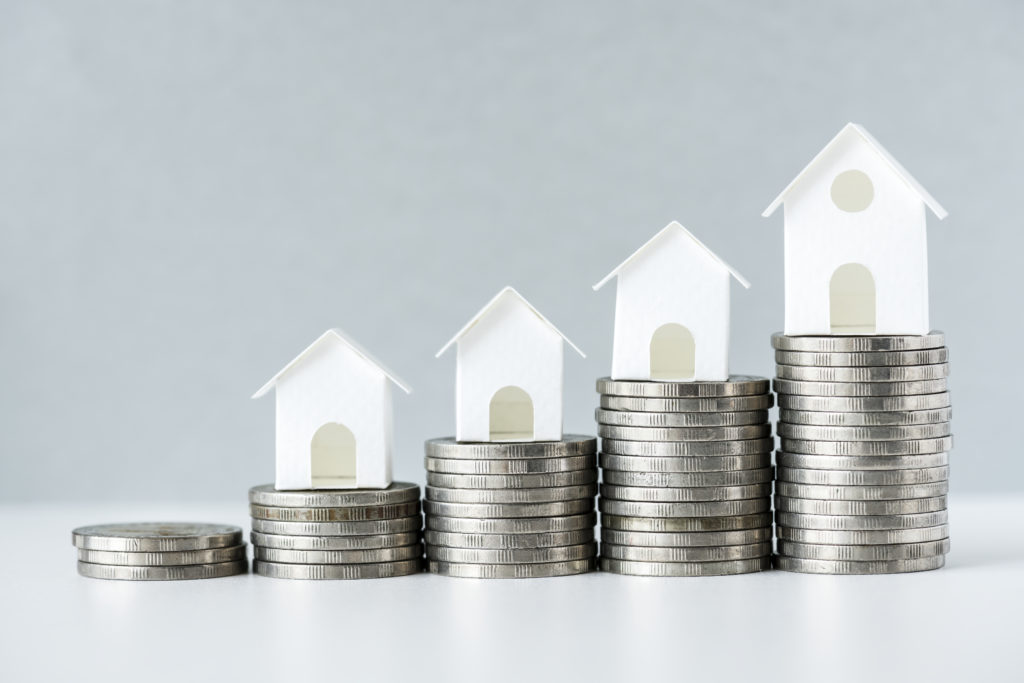
When applying for a mortgage, it is advisable not to overuse your credit card, particularly during the months leading up to you searching for and comparing the best interest rates that you may be offered.
This is because you need to demonstrate to lenders that you have control over your finances; that you can manage your earnings and expenditures sensibly and without the use of continually using credit. The higher your debt, the harder it will be to secure a mortgage offer from a lender.
When considering whether you can actually afford a mortgage, lenders will look at your credit report, which will include details of your credit card limit and how much you have used. The more credit that you have available, the better it will look to lenders because they will see that you are not having to rely on this credit to keep on top of your bills.
Your credit report will also detail any late payments you have made, which we look further into in the next tip.
4) Avoid Late Payments
If you fail to pay your credit card bill on time, then not only could this show up on your credit report and lower your credit rating, but you could also be charged a late fee, putting you further into debt.
Additionally, you may be asked by the credit card company to pay back the amount you owe in full, or they could even try to take you to court. As a result, your credit report will be negatively affected, making it more difficult to gain other types of credit.
If you know that you may struggle to pay your credit card bill on time in the future, then it could be worth getting in touch with your credit card company because they may be able to reduce your payments or pause them temporarily.
5) Avoid The Minimum Payment
When using your credit card, try to make more than your minimum payment each month. If you only pay the minimum amount each month, then it could take years for you to repay what you owe, particularly if your credit card has a high-interest rate.
Ideally, try to pay off a large chunk each month via direct debit or, if you can, pay the full amount of what you owe each month, increasing the available credit that you have, which will also look good on your credit report.
6) Do Not Make Cash Withdrawals
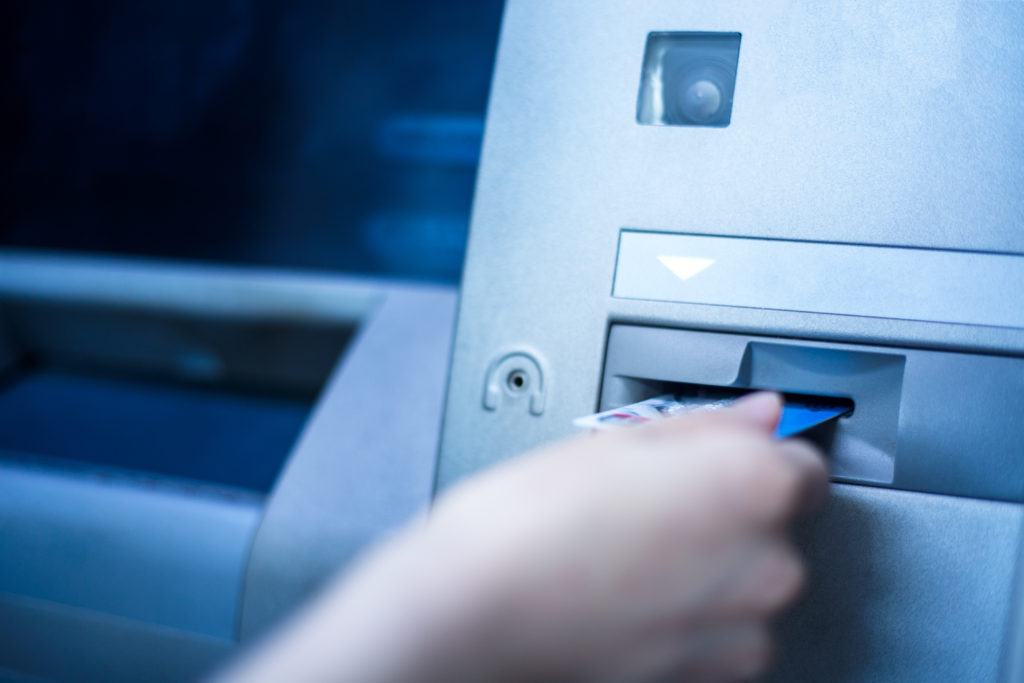
Do not use your credit card to make cash withdrawals because your credit card company will charge an extra fee, which will increase the amount that you owe that month. Then, if you are unable to repay what you owe, again, it will impact your credit score.
If you do need to withdraw cash, consider applying for a money transfer card, but be aware that there will still be an extra fee involved.
We hope that these tips will help you to efficiently use your credit card, easing your financial situation instead of putting a strain on it.
However, if you are struggling with credit card debt and are unable to repay what you owe, then an alternative debt solution may be worth considering, such as an Individual Voluntary Arrangement (IVA).
With this debt solution there will be IVA Protection, so to find out more, get in touch with Swift Debt Help.
Request a Debt Assessment
Disclaimer: For guidance only. Financial information entered must be accurate and would require verification. Other factors will influence your most suitable debt solution.
